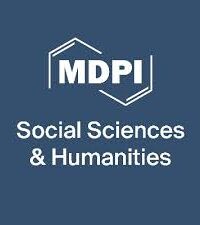As we experience a sudden leap forward with machine learning models put into the decision-making apparatus of the state, social scientists are putting scrutiny on what actually goes into these datasets. Issues of ethics and representational harms are relevant questions that come up in the present day. Against this background, there has been little work thus far, bringing together various trajectories about the interplay between forms of contemporary citizenship and the politics of migration and diversity. Despite the persistent presence of diversity and migration as constructs that shape social relations in modern society, this gap is notable. Given their importance, it is crucial to continue analyzing these factors. This will contribute to more progressive ways of thinking about the relationship between the individual and the state. In this article, I draw attention to the civil registry identity categorizations in The Netherlands to explore some of the complexities surrounding the relationship between digitization and the often absent dynamics in public policy debates about migration and diversity. Drawing on cultural and political themes, I look at the digital as a language that can offer new perspectives on migration. I suggest that technology and its uses may work to enable the state to address and possibly resolve tensions in policy and practice between the intersection of regimes of rights (legal status) and diversity (forms of social cleavages).
Publication available in open access

